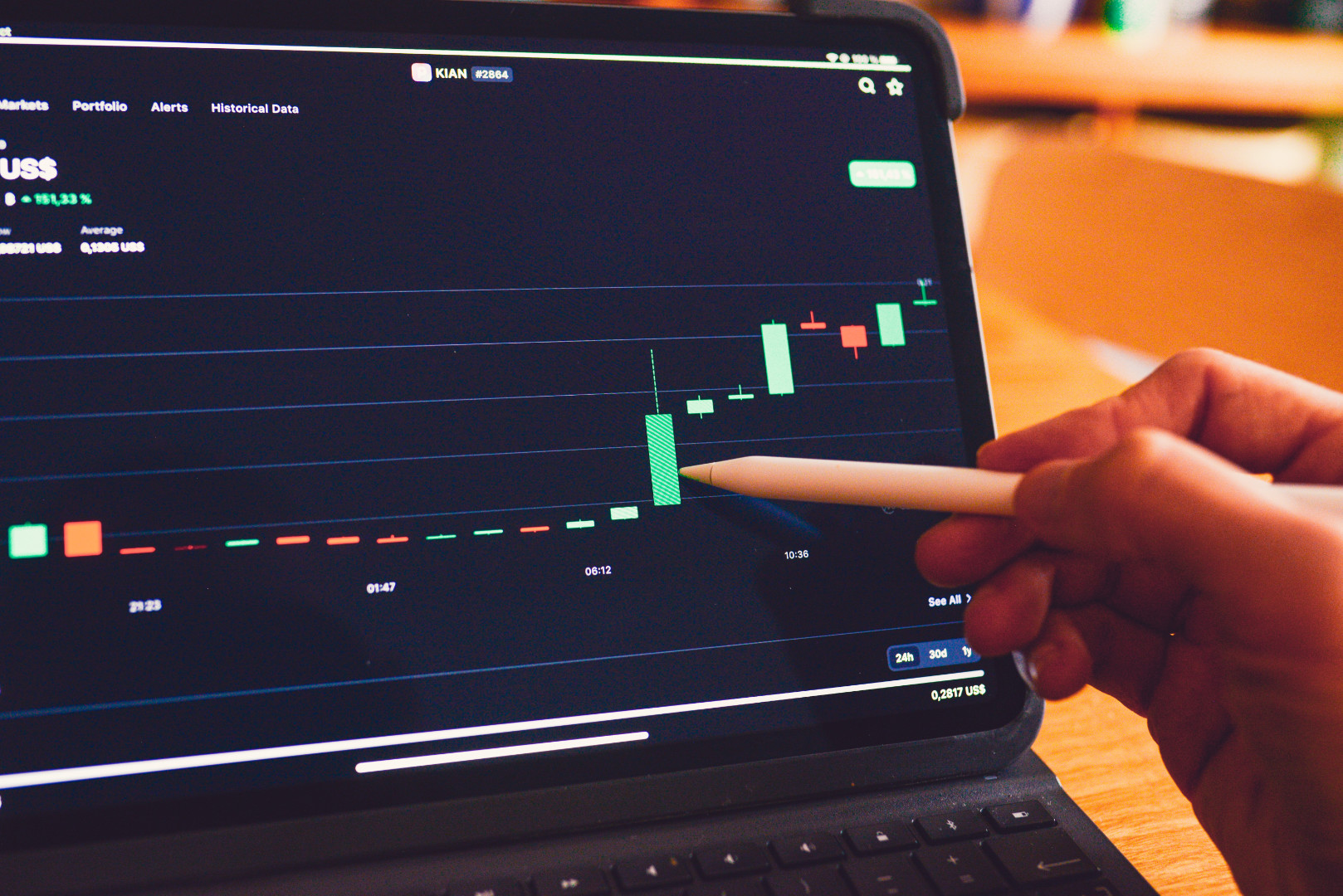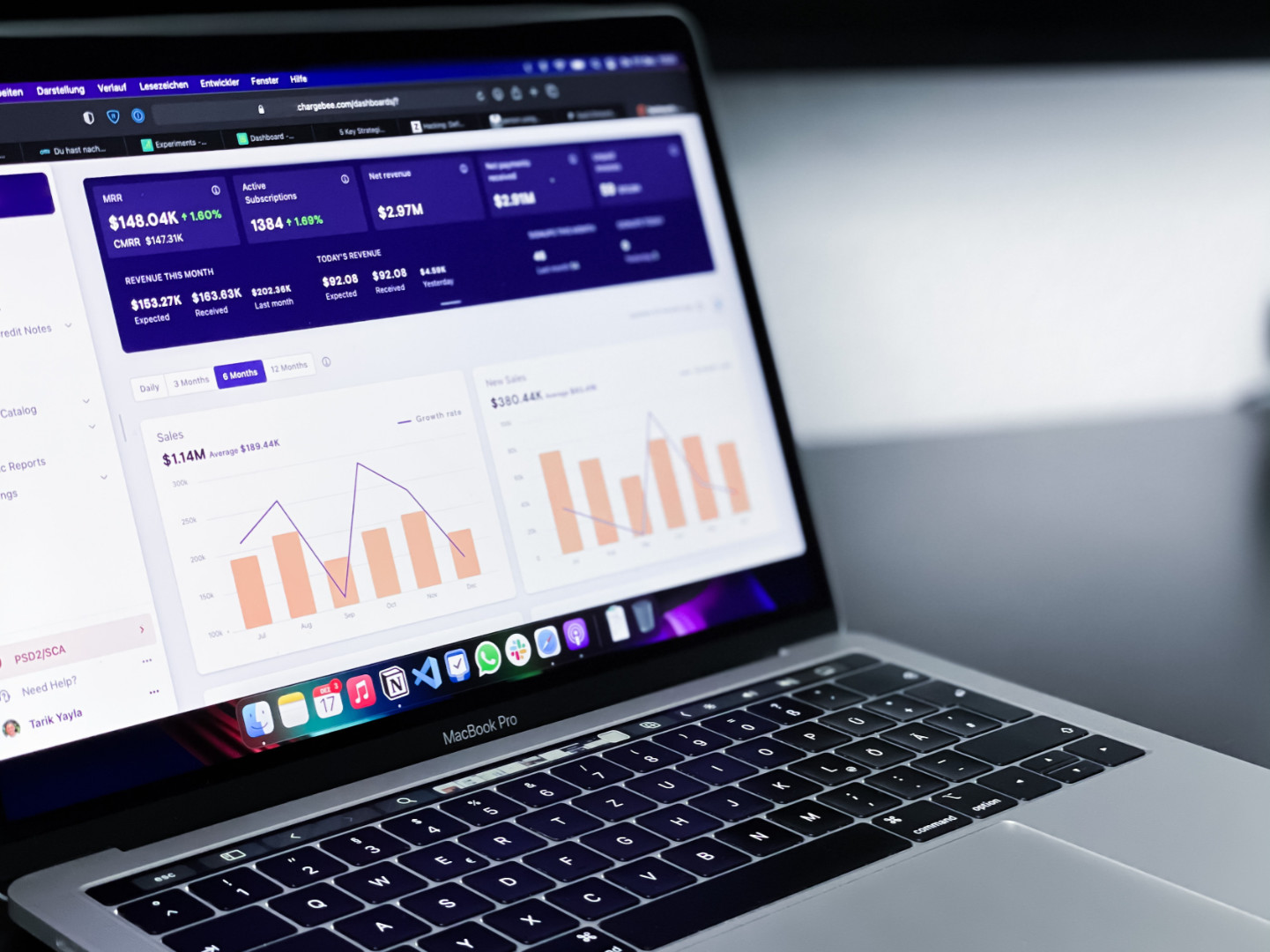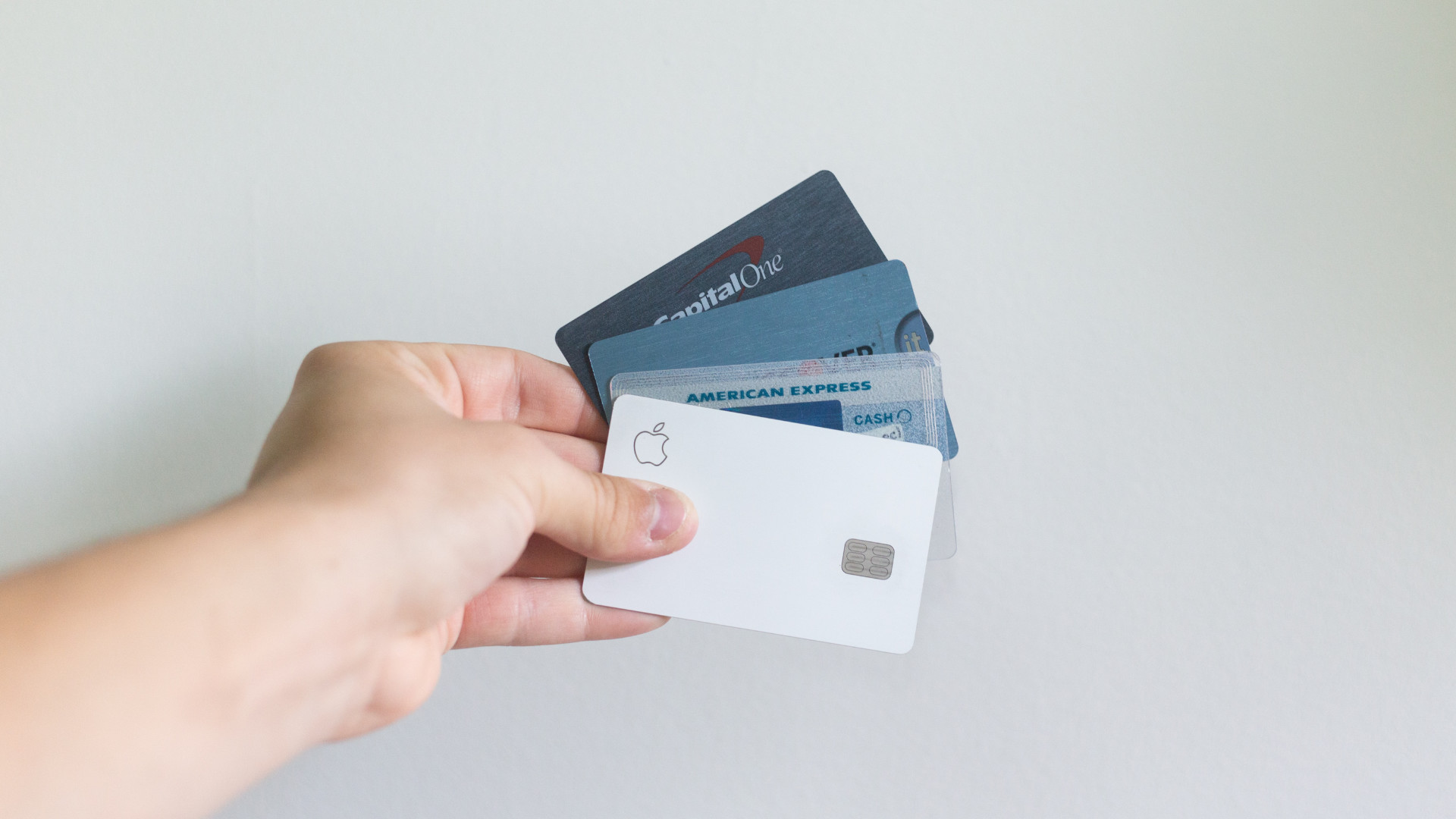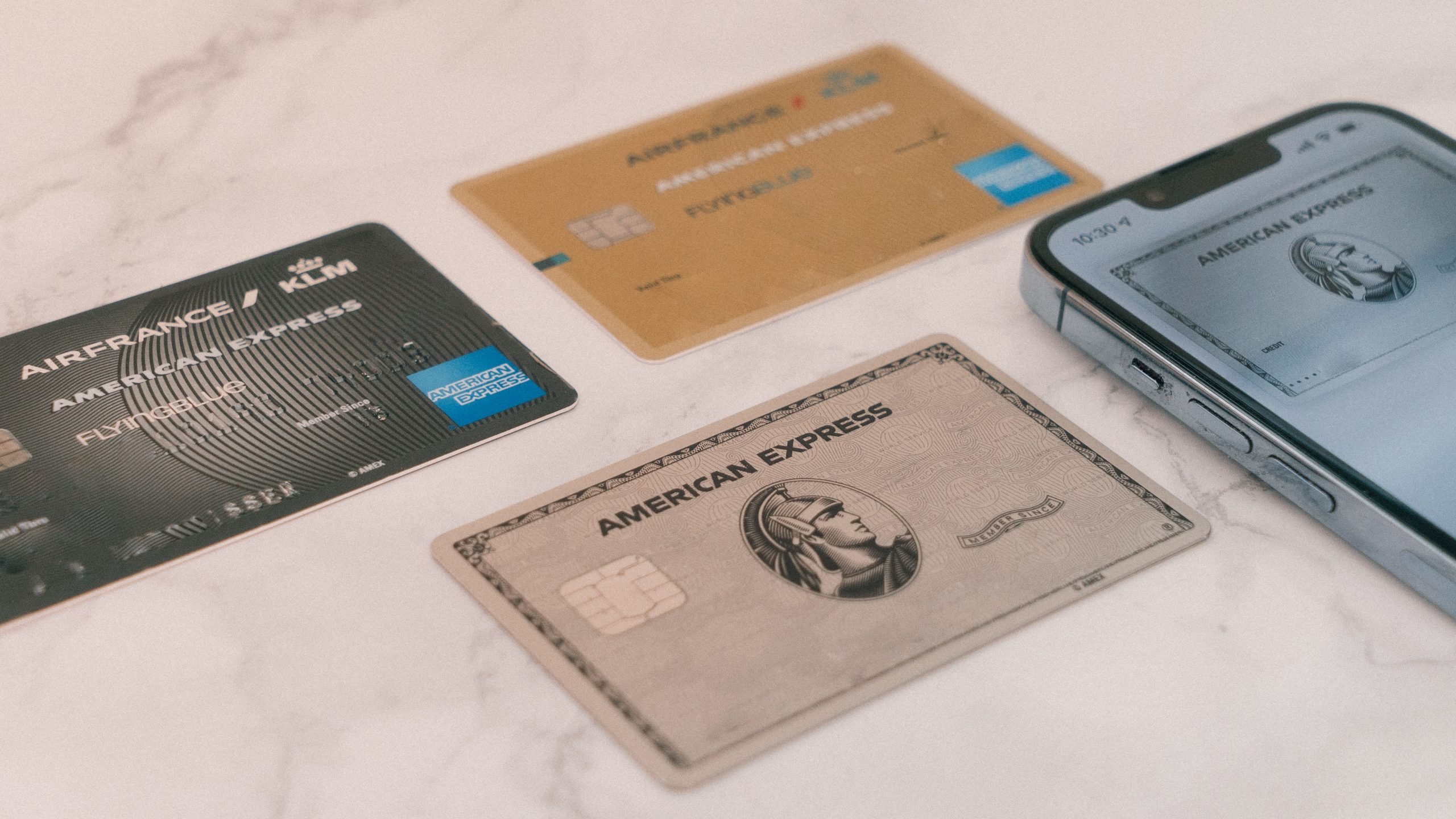Exploring the Concept of Passive Income and How to Create It

You may have heard of the term “passive income” but might not be certain as to what exactly it is, or why it is important. Together we will explore the concept of passive income, why it is an important method of income, and how to create it.
We will also find out whether it is something you should be focused on in your financial journey.
What exactly is passive income?
Passive income is used to describe a type of income that is earned through very little to no effort by the person obtaining it. It can be commonly referred to as the opposite of traditional income methods. Instead of working a full-time or part-time job, it is paid in dividends, gross profits in stock shares, profit from owning property, and more. Most if not all of which require little “active” effort.
The difference between active income
You may be familiar with the term “active income” which is your traditional way of earning an income. These include, as previously described, working a full or part-time job for an hourly wage, creating and selling goods and/or services, etc.
Even owning and operating your own business can be classed as an active income. Although there are some cases where reaping the monetary benefits of said business can be classed as a passive income. We will get into that more a little later.
The main difference between active and passive income is that to earn active income, you must exert a modest or significant amount of effort to receive payment.
What are the benefits of passive income?
Passive income offers the freedom to earn an income without needing to do very much to earn it. Making you free to pursue your other interests with the time you would have otherwise spent earning an active income.
It is also, in most cases, paid out regularly without the need for any additional input from the earner. This makes it a great source of income in uncertain times, especially when there aren’t many active income opportunities readily available.
There are many benefits to earning a passive income. These benefits become more apparent once a person is no longer able to earn an active income, either through physical or mental health conditions.
How do you earn passive income?
You probably are already earning passive income, you just might not know it yet. Since passive income is simply income that is generated without effort. There are many common ways you might be receiving some.
Interest from Savings
The interest you receive in your savings account from your bank is a form of passive income and is one of the most common ways people earn it. You simply place your money in a savings account and over time it will generate interest added to your account. Although most savings accounts only create a small amount of interest, for the wealthy it can add up to a pretty penny.
Unemployment Benefits
There are many countries which give those who are unable to find employment a frequent payment in the form of unemployment benefits. Countries can offer all kinds of benefits so it is worth checking which ones you might be eligible for in your respective country.
Earnings from Stocks & Bonds
Many investors earn an income from the profits they make when they sell shares they bought for a lower price, but they can also earn dividend payments for simply owning shares. Earnings generated from dividends may not be as much as selling shares but they do offer recurring revenue ranging from monthly, quarterly, and yearly pay-outs.
Bonds act in a similar way to standard stocks, except that most bonds don’t pay anything until the bond matures which can take a long time. One good strategy is to sell bonds for higher prices before they mature to other investors.
Owning Rental Property
Renting out purchased properties is a traditional way to generate income. Giving much more control over other investments.
While being a landlord could be considered an active job, it is possible to turn it into passive income by delegating the work to other third parties.
Silent Partner of a Business
We mentioned earlier that being the owner and operator of a business is a form of active income. But if you do not spend more than 100 hours on the business while reaping monetary rewards, then that counts as passive income.
You can also be a silent partner when you have invested a large sum into a business with the agreement that you will receive a percentage of the profits, without any other meaningful participation.
Earning Royalties
Earnings from royalties could be considered a form of active income since in most cases the product required a significant amount of work before it was able to generate any revenue.
However, it is possible to buy the rights of already established work and to collect royalties from those. Some websites and organisations specialise in auctioning off these products.
Passive income requires little skill
Most of the above passive income streams require little skill to carry out. They do however require a large investment in time or capital, and in many cases both.
Don’t get too excited just yet
You may need a lot of money to begin with
Passive income is not an easy income to acquire, at least not in terms of being able to live off. For the average person, passive income will be used more as an additional source of income rather than the primary or only income.
The reason for this is that most sources of passive income require a large amount of capital to generate enough revenue to be sustainable.
Earning through dividends example
Let’s say you want to earn a sustainable passive income by earning dividends. You found a company you want to invest in and are happy with their financials. We’ll use the below information as an example:
Example Company Information
Stock Price: £50.00
Dividend payment per stock: £2.00
Dividend pays out per quarter (every 4 months)
Now let’s say you want to earn the equivalent of an average salary in the UK, which as of writing in 2023 is around £35,500. Keep in mind that dividends count as taxable income, so the received annual take-home pay may be less than this.
Since each stock pays £2.00 worth of dividends, which is paid out four times a year, you would need to buy 4,438 shares (£221,875).
£221,875 is a huge amount of money to put on the line to earn an average yearly UK salary.
This of course assumes that the dividend pay-out per share remains the same, which is unfortunately never the case. Dividends can fluctuate significantly throughout the year depending greatly on the financial status of the company.
There is also the great risk of potentially losing your large £220k investment if the company faces financial hardship causing their share prices to dip and in turn reducing the amount you are paid.
Most people won’t earn a living through passive income
Unless you are part of the upper 1% it is very unlikely you will be able to earn a living by relying on dividend payments.
Risking such a large amount of capital is not a viable option for most people. Of course, dividends are not the only example of passive income.
Use passive income as an additional income
If you focus on creating a form of passive income to help ease the burden of having a singular active income then you will have a much easier time with it. Unless you have a large amount of money, that you won’t need if it goes missing, you won’t be able to use passive income as a sole income.
That being said, if you are already quite wealthy and need some additional methods to secure your financial position, then go ahead with the more risky investment ventures.
Is passive income suitable for anyone?
Passive income can be earned by almost anyone, but it may not be a suitable option as a primary income stream. Most passive incomes require a large amount of capital to be invested to start paying out a good liveable wage.
This does not mean that it can’t be used as an excellent method to earn additional income, though. For most people, it would be beneficial to view passive income as a great way to build up their savings or to be used on occasional shopping trips. Perfect to ease the burden of having only a singular active income stream.
References Used
- Forbes. “Average UK Salary By Age In 2023, https://www.forbes.com/uk/advisor/business/average-uk-salary-by-age/”
- Investopedia. “Passive Income: What It Is, 3 Main Categories, and Examples, https://www.investopedia.com/terms/p/passiveincome.asp”
- Snider Advisors. “How to Estimate Dividend Income, https://www.snideradvisors.com/blog/how-to-estimate-dividend-income/”
- Investopedia. “Index-Linked Bond: Definition, How They Work, and Example, https://www.investopedia.com/terms/i/indexlinkedbond.asp”
- GOV.UK. “National Minimum Wage and National Living Wage rates, https://www.gov.uk/national-minimum-wage-rates”







